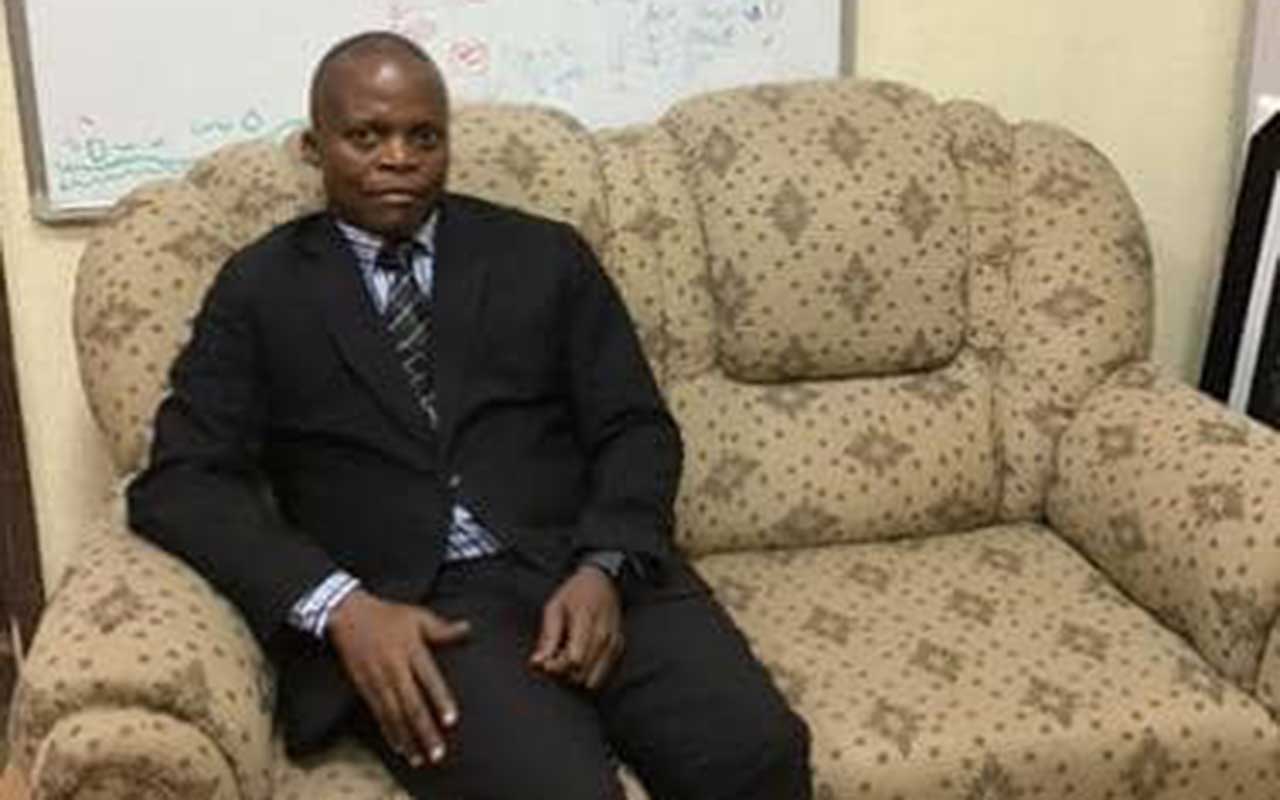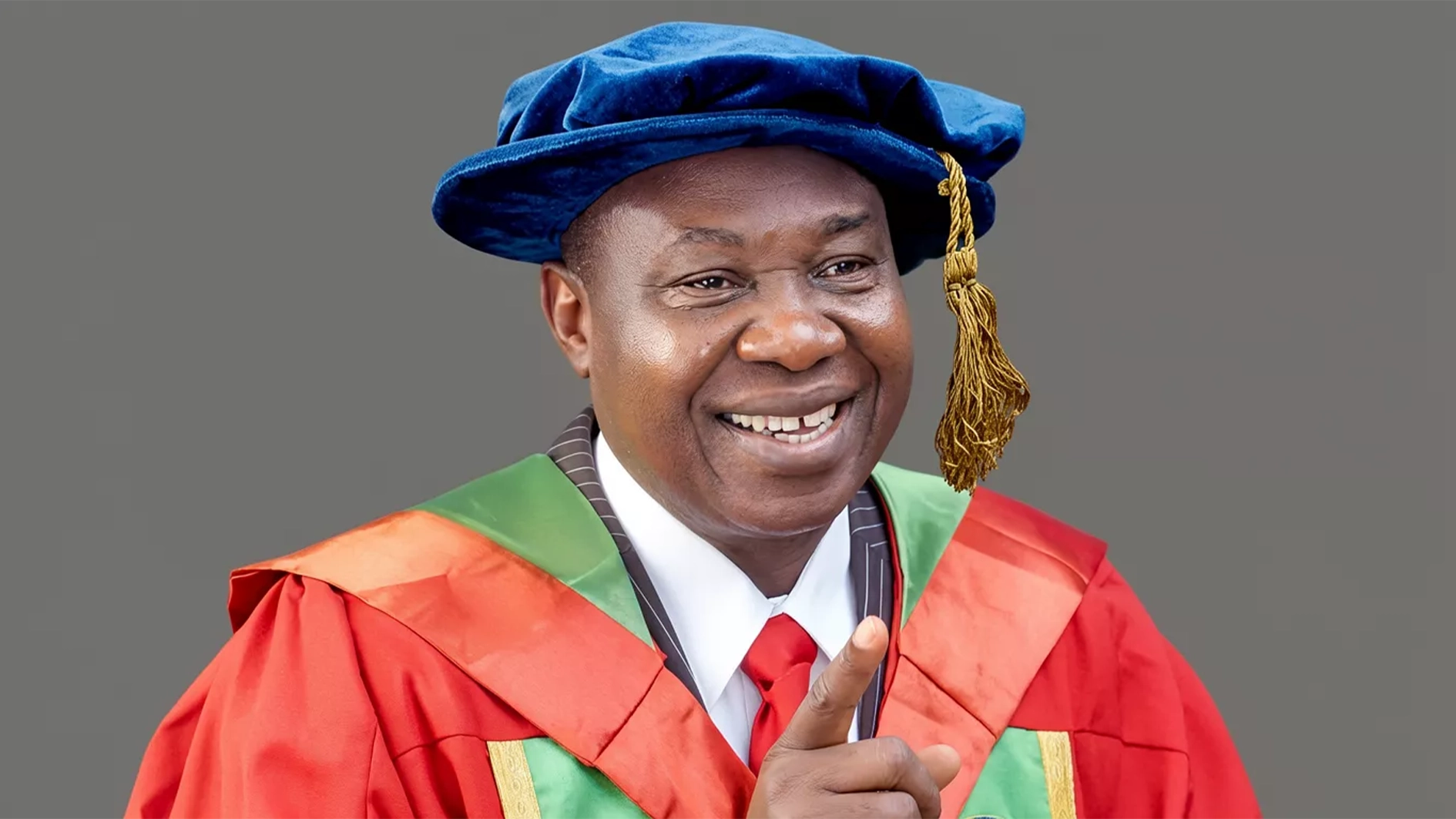
Prof. Ademola Abdulkareem, a Professor in the Department of Electrical and Information Engineering at Covenant University, opens up about his impressive academic journey, groundbreaking research, industry collaborations, and personal reflections on his career.
Can you share the moment you knew electrical engineering was the path for you? Was there a particular event or person who influenced this decision?
My fascination with electrical engineering started during my secondary school years or days, in my final year to be precise, when I was made the Light Prefect. The position of light prefect normally goes to the students with the highest score in Physics subject. Infact I have always having the highest scores in Physics, Chemistry, and Mathematics from my form three. So I became motivated when i was made to oversee the challenges and solutions of all the electrical issues in that school, including the operation of a Film or Movie Projector that was virtually in my possession as the Light Prefect. Now captivated on how electricity powered homes and machinery. I remember that early exposure piqued my curiosity and laid a foundation for my career. This led me to pursue a Bachelor’s degree in Electrical Engineering at the University of Ilorin, graduating in 1990. My journey continued with a Master’s degree from the University of Lagos in 2008 and culminated with a PhD from Covenant University in 2016. Each stage reinforced my passion for solving real-world electrical problems and contributing to the field.
With over 14 years of teaching experience, how do you maintain student engagement, especially when dealing with complex topics?
It’s essential to remember that teaching is not just about delivering content but inspiring a passion for learning. My industry experiences facilities the ability to relate the theoretical concepts to real life situations. So, my excellent teaching, relating the use of interactive and hands-on approaches in my classes, such as real-time problem-solving, visual aids, and collaborative discussions. For instance, I often incorporate practical projects like classroom designing of electric power systems and the site visit to practical substations or developing prototype smart grids where necessary. These projects encourage students to think critically and apply their knowledge to solve real-world challenges. The aim is to move beyond rote learning and help students develop skills they can carry into their careers.
You’ve mentioned practical projects. Can you recall a specific project where students went above and beyond your expectations?
Yes, one memorable project was when a group of my students developed an advanced web-based complaint management platform for the university community. The project involved integrating multiple technologies and required them to tackle real user experience challenges. Their dedication and creativity were impressive, and the final product was well-received, even winning recognition at local tech exhibitions. In addition, the design and implication of pick and place robot was another significant project that pave the way for the approval of grant by the Chancellor of Covenant University Dr. David Oyedepo, to attend a conference at San Francisco, USA. Projects like these remind me of the potential that lies in nurturing student innovation.
Your research contributions are known to span multiple fields, including power systems and machine learning. What motivates you to explore such diverse areas?
My motivation comes from a desire to find comprehensive solutions to pressing challenges. Power systems, machine learning, and renewable energy are interconnected fields that impact global development. For instance, my research on optimal phasor measurement unit (PMU) placement for Nigeria’s 330-kV grid addressed the need for stability and efficiency in our power infrastructure. Similarly, applying machine learning to intrusion detection systems showcased how technological advancements can enhance security measures. I aim to integrate innovation with practical utility, contributing solutions that are both sustainable and impactful.
Beyond Nigeria, you’ve been involved in international collaborations. How has this influenced your work?
International collaborations have expanded my perspective significantly. Since 2022, I have been a visiting scientist at Tshwane University of Technology’s Research Centre for Energy and Electric Power in South Africa. This role has enabled me to contribute to cross-border research on shared challenges in energy systems, allowing for knowledge exchange and joint problem-solving. Such partnerships are invaluable because they open doors to new methodologies and insights. The support I’ve received, including grants like the DSI/NRF-Sasol Research Chair in Energy and Power Systems Modelling, underscores the global significance of our work.
With many accolades to your name, which recognition stands out the most to you and why?
Every accolade is meaningful, but the Best Researcher Award from Covenant University, College of Engineering, in 2020 and 2021 holds a special place in my heart. It was a testament to the impact and relevance of my research within the academic community. Another significant recognition was the Certificate of Award as a Programme Evaluator from COREN. It affirmed my role in shaping the standards of engineering education in Nigeria, which is a responsibility I take very seriously. I will not forget this recognition, certificate award for Effective Supervision of Doctoral Candidates at African Universities from Stellenbosch University, South Africa.
How do you balance your academic commitments with community involvement and personal interests?
Balancing these aspects requires careful time management and a genuine commitment to each role. According to my Chancellor, Covenant University, Dr. David Oyedepo, “Time is needed to actualise our leadership potentials”. My work on community projects, such as being a member of the Tender Board at Covenant University and consulting on projects like the proposed Faith Academy, aligns with my belief in using my expertise and managing my time for public good. In 2024, I embarked on an initiative with nonprofit organizations to integrate AI into talent management, demonstrating how technology can have positive social impacts. Outside of work, I make time for personal interests like reading and playing table tennis. These activities help me recharge and maintain a healthy balance.
In your experience, what are the biggest challenges facing electrical engineering in Nigeria today, and how do you think these can be addressed?
One of the most significant challenges is the reliability of the power grid and the integration of renewable energy sources. Nigeria’s energy infrastructure needs substantial investment and innovative solutions to become more resilient. Addressing these challenges requires not only advanced research but also policy reforms and industry collaboration. I believe that fostering partnerships between academic institutions and industry leaders, like the ones I facilitated during my tenure as Industry Coordinator, can pave the way for more sustainable energy solutions. Investing in local talent and encouraging students to develop practical solutions is also essential.
What advice would you give to young engineers aspiring to make a significant impact in their careers?
Stay curious and never stop learning. The field of engineering is constantly evolving, so adaptability is key. I encourage young engineers to seek interdisciplinary knowledge, as integrating skills from different areas often leads to more innovative solutions. Also, don’t be afraid of challenges; some of my most rewarding projects started as daunting tasks. Lastly, build strong networks and seek mentorship. I’ve seen firsthand how collaboration and guidance can accelerate both personal and professional growth.
Looking back, is there anything you would have done differently in your career?
Reflecting on my journey, I’m grateful to God for the path I’ve taken because I have conquered both industry and academic as Production Manager and Professor respectively. However, if there’s one thing I would have done differently, it would be to engage in more collaborative projects earlier in my career. The insights and experiences gained from working alongside other experts are invaluable, and while I’ve embraced these opportunities in recent years, I believe starting earlier would have broadened my perspective sooner.
What legacy do you hope to leave behind?
I hope to be remembered as an educator and researcher who not only advanced the technical field but inspired others to bridge academia and industry. My goal has always been to prepare students for the challenges of the global engineering landscape and to foster solutions that have both local and international relevance. I want my work to serve as a testament to innovation, dedication, and the power of collaborative progress.






